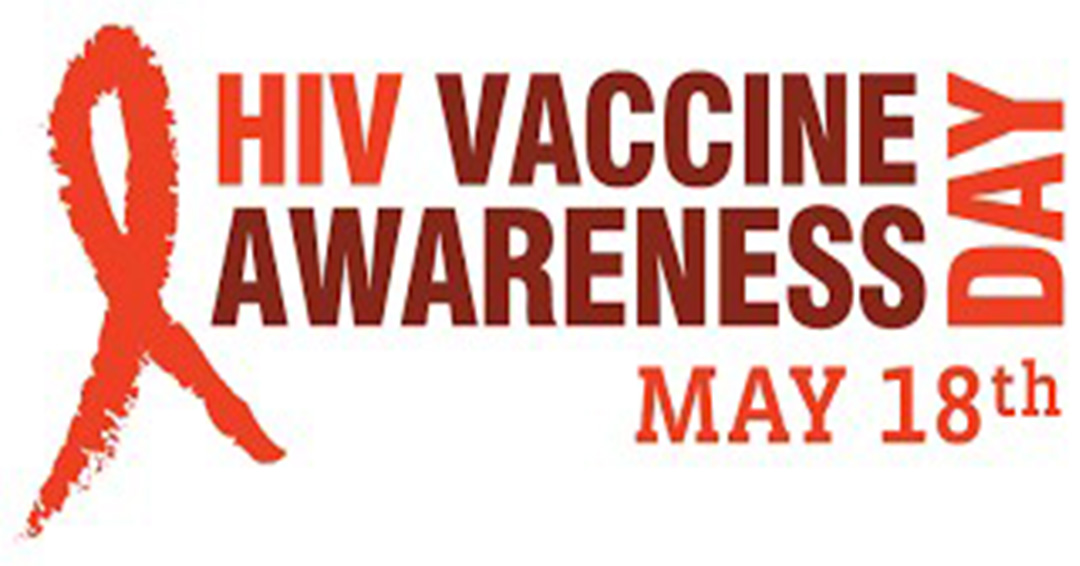
Sep
KIU Teaching Hospital Strengthens Partnership With Kitagata General Hospital
September 5, 2024, 9:40 am
 Administrator
Administrator

Whatc��?cs Happening Today?
World AIDS Vaccine Day. The day was created when then American President Bill Clinton made a commencement speech at Morgan State University on May 18 1997, challenging the world to create an AIDS vaccine within the next decade.
HIV vaccine advocates mark the day by promoting the continued urgent need for an HIV vaccine and recognizing the importance of investing in new technologies as a critical element of a comprehensive response to the HIV/AIDS epidemic.
International Museum Day. This day is coordinated by the International Council of Museums (ICOM) and it highlights themes to reflect the basis of the international museums' communityc��?cs preoccupations.
It provides opportunities for museum professionals to meet the public and alert them as to the challenges that museums face.
It also serves as a platform to raise public awareness on the role museums play on the development of societies today.
Remembrance Day (Sri Lanka). This day marks the capitulation of the Liberation Tigers of Tamil Eelam (LTTE) and the end to the Sri Lankan Civil War on May 18 2009. It serves as the Remembrance Day for civilians who died in the war from both sides.
The 23-year civil war was one of the bloodiest conflicts in the world and more than 100,000 civilians are estimated to have perished in the war, which came to an end when the Sri Lankan government forces defeated the Tamil Tiger rebels in 2009.
What Happened Today?
1. In 1096, 800 Jews were massacred by crusaders under Count Emicho in Worms, Germany. During the First Crusade, the first of a series of wars initiated by the Latin Church in the medieval period.
2. In 1652, slavery in Rhode Island, an American province mainly inhabited by Indian tribes, was abolished. Much of the islandc��?cs economy depended on slave trade and the abolishment of the trade was met by stiff resistance, and the law was not effectively enforced until the early 1700s.
3. In 1804, Napoleon Bonaparte was declared the Emperor of France by the French Senate. He was Emperor until 2014, and again briefly in 1815 when the second French Monarchy collapsed. He is considered one of the greatest commanders in history and he established one of the greatest empires in world history. His legacy stays alive, with his military and political doctrines still being taught today at military academies and universities and schools worldwide.
Picture Credit: Biomed Central.com
sources: Wikipedia, checkiday.com
Kampala International University,
Box 20000, Ggaba Road, Kansanga, Kampala
+256-760 502660
+256-700 100808